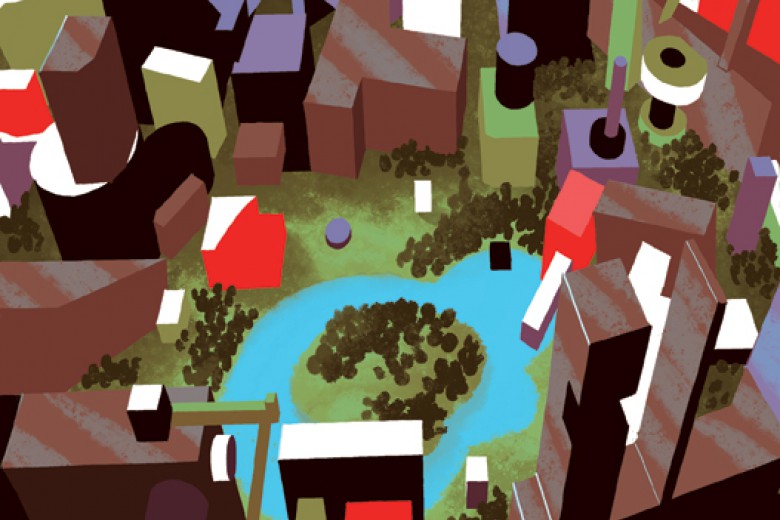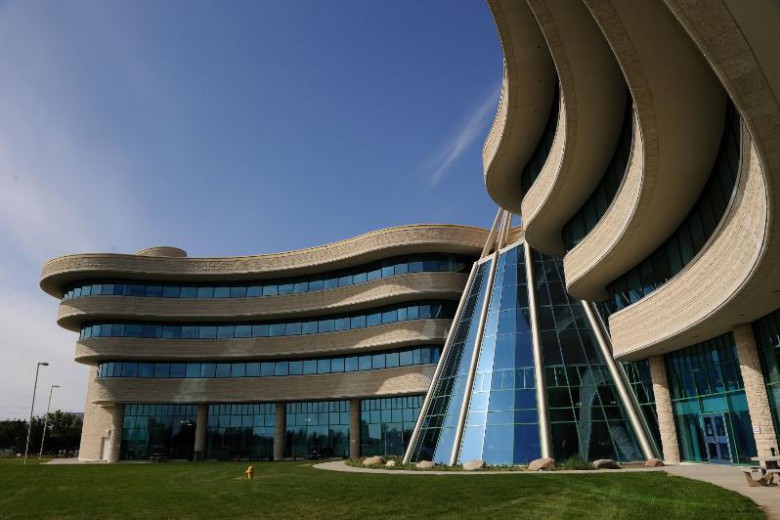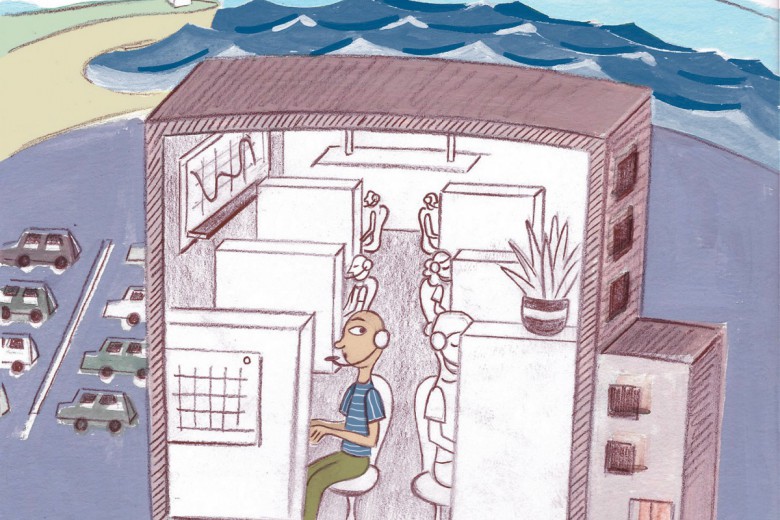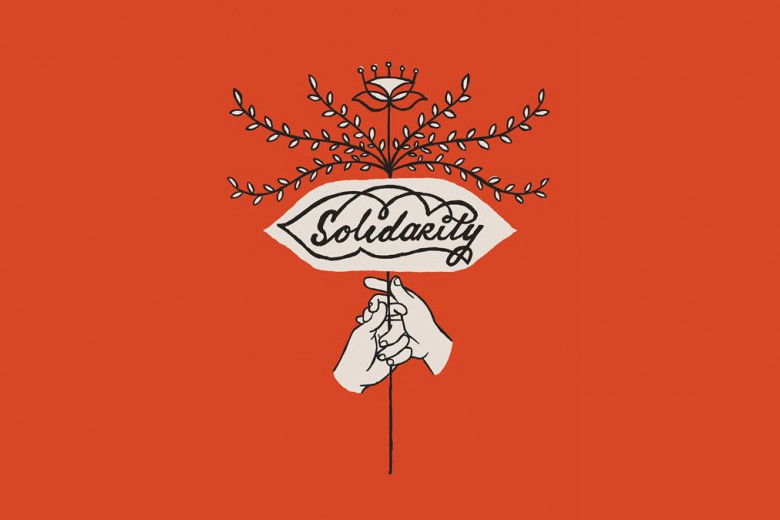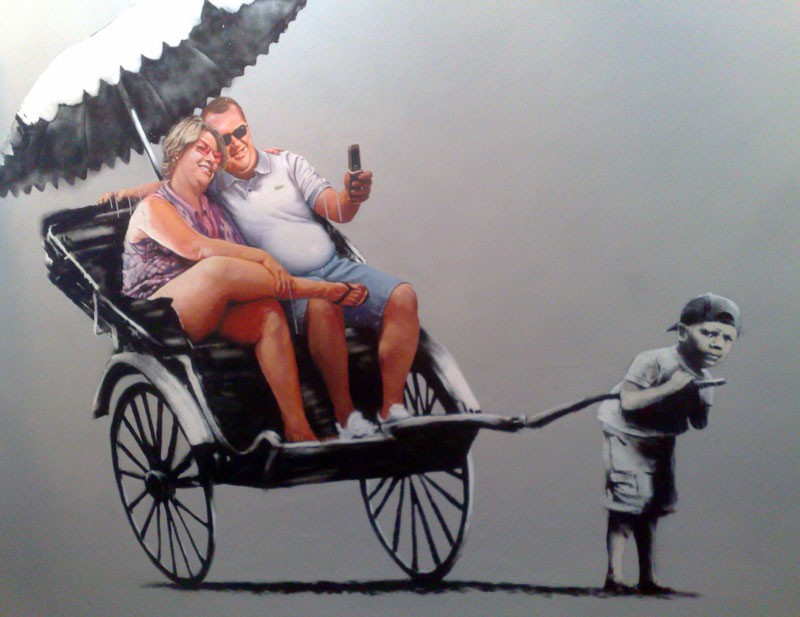
“Ultimately, the only way that migration is going to be safe for anyone is to decriminalize it. We need to ensure that people have the autonomous right to move whenever they decide it is in their own best interest.”
—Nandita Sharma, “Sex work, migration & anti-trafficking”
I’ve undergone 19 years of schooling, but I’d say my real education came the summer after I finished my graduate degree. I spent that growing season, and the next, as part of a frontline literacy program in Ontario, working and living on farms alongside migrant workers from Mexico and the Caribbean, picking tomatoes and sweet corn, priming tobacco, harvesting ginseng. I got a brief glimpse, in those months, of how even in Canada what we generally think of as fundamental human rights apply only to citizens, if at all; how denying someone the legal protections of citizenship opens them to all manner of abuse, indignity, coercion and exploitation. I saw how much economic prosperity is built on that exploitation.
People move across borders from necessity or desperation, providing the citizens of the territory they enter with an unfree workforce that is often used to undermine the rights of more established workers. More than race, more than class, more than gender – but interacting powerfully with all three – the colour of one’s passport, or the misfortune of having been displaced from one’s country of origin, can do more to limit a person’s opportunities than almost any other single factor.
I came to that experience fresh from writing a thesis on resistance to globalization, and what I witnessed only confirmed my belief that neoliberal globalization, despite all the rhetoric, has never been about the free movement of people, but only about the free movement of capital. It only strengthened my conviction that the demands of the migrant, the refugee, the human being stripped of all the rights and privileges a state can offer, must be at the core of any movement that seeks to overcome the interlocking structures of global capitalism.
In approaching this topic, I also want to acknowledge that I am a descendent of economic migrants – subsistence farmers who left subjugated homelands (Ireland and Scotland) in search of better opportunities for their children. I am the product of the same liberal immigration policies that enabled the colonization of native North America, and my privilege is wrapped up in both the disenfranchisement of the original inhabitants of this land and, increasingly, the denial of entry to others seeking similar opportunities to those my great-grandparents had.
In the following pages we can, of course, barely scratch the surface of a topic that entwines all our histories and shapes all our identities in some way. Perhaps what follows should be considered a series of possible departure points, an intersection of roads that intrepid readers might explore further on their own.


